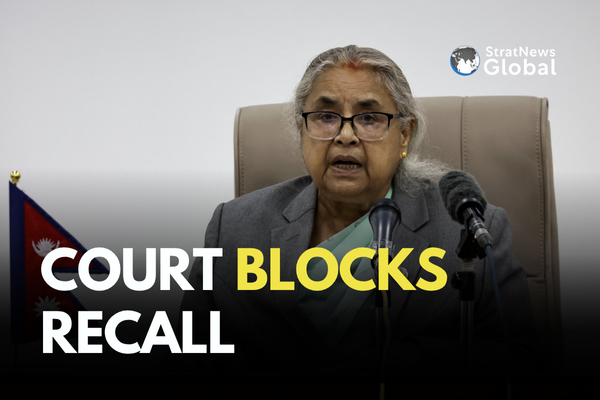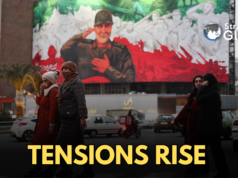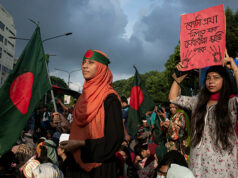Nepal’s Supreme Court has ordered an immediate halt to the government’s decision to recall nearly a dozen ambassadors, a move seen as a setback for Prime Minister Sushila Karki and her interim administration.
Court Ruling Challenges Government Decision
According to lawyer Ananta Raj Luitel, who brought the case against the government, the court found that the administration failed to justify its claims of poor performance against the ambassadors. Karki’s government had announced the recall of 11 envoys, including those posted to China, the United States, Britain and Japan.
“The government could not justify its charges against the ambassadors in the court,” Luitel told Reuters. He confirmed that all ambassadors would continue their duties as usual.
Communications and Information Technology Minister Jagdish Kharel said the government would fully comply with the court’s decision. “The government will respect the order of the Supreme Court,” he stated.
Political Setback For Prime Minister Karki
Prime Minister Karki, aged 73, became Nepal’s first woman leader in September after a wave of anti-corruption protests turned deadly. Her administration has been under pressure from the Gen Z movement, whose young supporters have demanded sweeping reforms and the removal of officials appointed by former Prime Minister K.P. Sharma Oli.
Political analyst Puranjan Acharya described the court ruling as a significant challenge for Karki. “She recalled the ambassadors under pressure from the Gen Z people, fully aware that it would be difficult for the government to defend it in the court,” he said. However, he added that in the long term, the ruling could strengthen Karki’s position by helping her resist future political pressure.
Karki’s Reform Agenda And Public Pressure
Karki has formed a small cabinet of reform-minded figures with strong anti-corruption records. She is responsible for conducting fresh parliamentary elections by 5 March. Despite her reform agenda, she faces increasing public pressure to dismiss other officials, including the head of the anti-corruption commission, who was also appointed by her predecessor.
The Gen Z movement’s protests in early September left 76 people dead and over 1,300 injured, marking one of the most turbulent political moments in recent years. The Supreme Court’s decision now places additional limits on Karki’s authority as she seeks to balance reform promises with legal and political realities.
(with inputs from Reuters)





